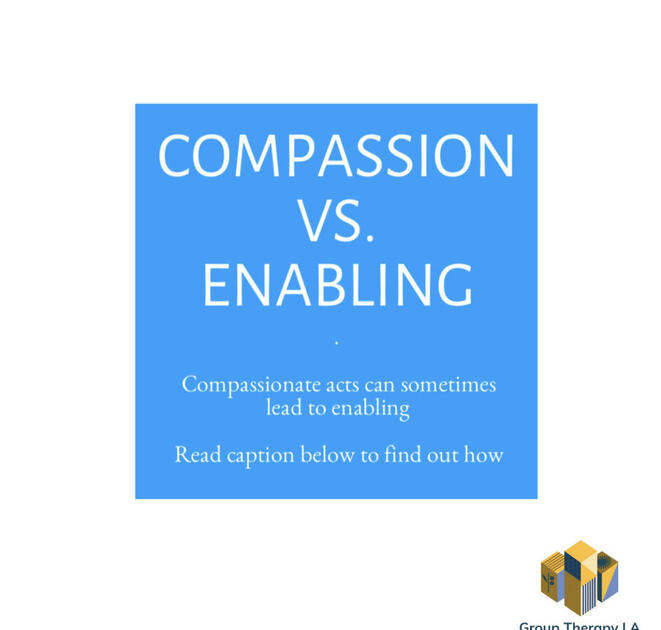
Question: My 27-year-old brother has become very stuck in his life and dependent on my sisters and me. He should be fully capable of getting a job, getting married, and moving forward with life. Instead, he has come to completely rely on his siblings for everything.(Our parents are sweet people but older and not so involved.) He sleeps in my sister's basement and eats the meals by us. He will occasionally get a job, but it never lasts long. His sleep habits are completely abnormal, and he gets up at crazy hours. He has actually started therapy twice, but it never lasted long. We care a lot about him, but we also realize that as long as he feels that he can rely on us it doesn't really give him any incentive to get his life together. At one point my sister asked him to find his own apartment but at the end of the day he didn't, and my sister says she could never throw him out. I feel that until we really show him that we won't bail him out he won't take responsibility and that means things might be uncomfortable for him for a while. My sister is worried about hurting him and feels we have an achrayus to him as siblings. Can you please offer suggestions that will help us navigate this in a way that is best for him?
Your dilemma seems to boil down to the following question: are we enabling him or are we
doing chessed? Enabling means that you are taking responsibility for things that he is fully
capable of doing himself like getting a job and taking care of himself. You wonder if by
providing him with lodging and meals, perhaps you are removing his incentive to move forward
with life and therefore bear partial responsibility for his lifestyle.
At the same time, you also need to consider a second possibility: perhaps he is struggling, not
because you are enabling him, but because, at this time, he is simply not capable of making it on
his own. Consider the following possibilities. First, overprotective parents tend to raise children
who display a lack of confidence and ability to move forward. Well-meaning parents want to
make their child’s life easy and remove challenging situations, causing children to lack the
confidence and ability to move forward. Second, there may be an underlying addiction including
a chemical or screen addiction, which may be depleting his social and coping skills and
complicate his ability to move on with life. Third, there may be underlying mental illness.
Leaving home and going off on one's own can be close to impossible for those struggling with
depression, anxiety, ADHD, trauma, or worse. They may really want independence, but their
mental health struggles may be holding them back. Young adults with high functioning autism
are especially likely to attempt to avoid the transition to adulthood. When they feel
overwhelmed, they are more likely to engage in something familiar such as just staying home.
Considering the above possibilities, it is crucial to clarify the question mentioned above. Is this
about accomplishing true chessed with a family member or is it about enabling him and thereby
bearing responsibility for his unproductive lifestyle. This is reminiscent of what Chazal teach us
regarding the mitzvah of azov taazov imo. We are only required to assist by unloading the
burden if it is with the owner's involvement and not if he abdicates responsibility where he is
capable.
I would certainly recommend that you and your siblings find a mutually acceptable person to
consult with to assist you with developing a coordinated approach. Your brother will benefit if
all work together and have a united approach where you all support each other. While discussing
this, you will need to decide if this is about addressing the underlying factors discussed above or
if it is about taking more of an assertive approach. An assertive approach may involve all siblings sitting down with your brother for a meeting. The tone of this meeting is about telling him that we love you and really want to help you, and we know that it is not helpful for you to live here forever. The message also might be that for you to live here, there needs to be a plan where you are working towards a goal. That can mean getting a job, taking care of mental health, or getting an education. It should also include the expectation for him to help with some household chores (e.g., laundry).
Much hatzlacha in figuring this is all out and finding the correct approach.
Originally appeared in Yated Neeman.
 Previous
Previous

